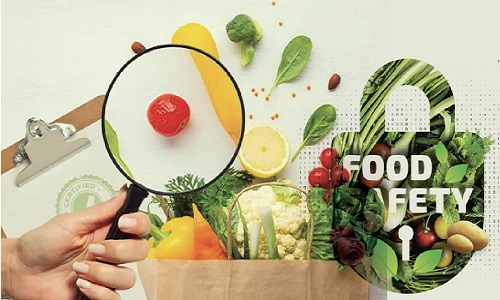Department of Health 2024/06/09 - 22:00

Communities have been urged to continue prioritising food safety and hygiene amidst food poisoning incidents in the Gauteng province over the past months.
The call comes as communities marked World Food Safety on 7 June, which aims to draw attention to food safety incidents. Since January 2024, the province has recorded 183 foodborne incidents which resulted in four fatalities.
To ensure that there is adequate public education and advocacy, the Gauteng Department of Health's (GDoH) Environmental Health Practitioners (EHPs) conduct community outreach programmes in townships, informal settlements and hostels. Over the past weeks, various hostels including Marikana, Kagiso and Buyafuthi hostel have been visited with the aim to educate informal food vendors about hygienic food storage, handling, preparation and waste disposal.
In addition to this, the GDoH's EHPs in partnership with the Department of Agriculture and Land Reform been distributed have Personal Protective Equipment to these vendors, along with instructions on maintaining cleanliness. Emphasis has been placed on washing hands, thorough cooking, and separating raw and cooked foods to prevent contamination.
It is also important that the public not buy from a shop, stall or caravan that is not clean at all times. They can also report vendors who are not compliant, posing the risk of food poising to their customers.
When at home, it is important to ensure that pesticides (insect poison) or rodenticides (rat poison) are applied in a manner that will not contaminate food items as it can result in poisoning and adverse health outcomes for people.
Symptoms of food poisoning include fever, chills, cramping, nausea, vomiting or diarrhea which may be bloody in some cases, stomach-aches, sudden swelling face, and body aches/ weakness. It is important that those experiencing these symptoms immediately seek medical attention.
RELATED NEWS
No related news

